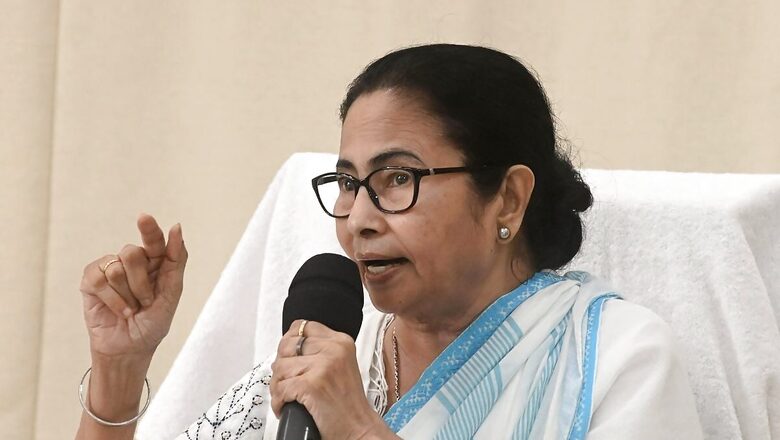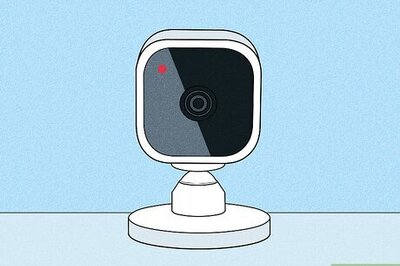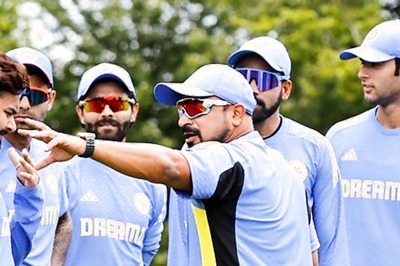
views
West Bengal Chief Minister Mamata Banerjee has announced salary hikes for Anganwadi and Accredited Social Health Activist (Asha) workers in the state from April 1 ahead of the upcoming Lok Sabha elections, saying “Maa Maati Maanush government shall always be with the people”.
The helpers under the Integrated Child Development Services (ICDS) scheme, who currently get about Rs 6,000 per month, will get Rs 500 more from April 1, the chief minister said, adding that the salaries of Asha and Anganwadi workers have been increased by Rs 750 from April.
“They are our pride as they work very hard. They support us in all the bad times. I hope they do well in life. ‘Maa Maati Maanush’ government shall always be with the people,” she was quoted as saying by news agency ANI.
Taking to X (formerly Twitter), she wrote, “It is with immense pleasure that I announce that from April, 2024, our ASHA and Anganwadi workers will receive an enhanced remuneration of Rs 750 every month. Additionally, we’ve decided to increase the monthly remuneration for our Anganwadi helpers by Rs 500.”
It is with immense pleasure that I announce that from April, 2024, our ASHA and Anganwadi workers will receive an enhanced remuneration of Rs. 750 every month. Additionally, we’ve decided to increase the monthly remuneration for our Anganwadi helpers by Rs. 500.Despite the… pic.twitter.com/Za34rIYVgz
— Mamata Banerjee (@MamataOfficial) March 6, 2024
She added, “Despite the financial constraints imposed on us, we are determined to spare no efforts in ensuring that our people lead happy and prosperous lives!”
Who are Anganwadi and Asha workers
While Anganwadi worker is a functionary of the Integrated Child Development Scheme (ICDS) in charge of managing the Anganwadi, a type of child and mother care center that was established as a part of the ICDS, Asha workers are an all-female cadre of community health workers that have been constituted by the Ministry of Health and Family Welfare under the National Rural Health Mission in 2006.
Asha workers are the first point of address for any health-related issues faced by the poor sections of the population. They are involved with the primary health care of especially women and children of the poor and deprived.



















Comments
0 comment